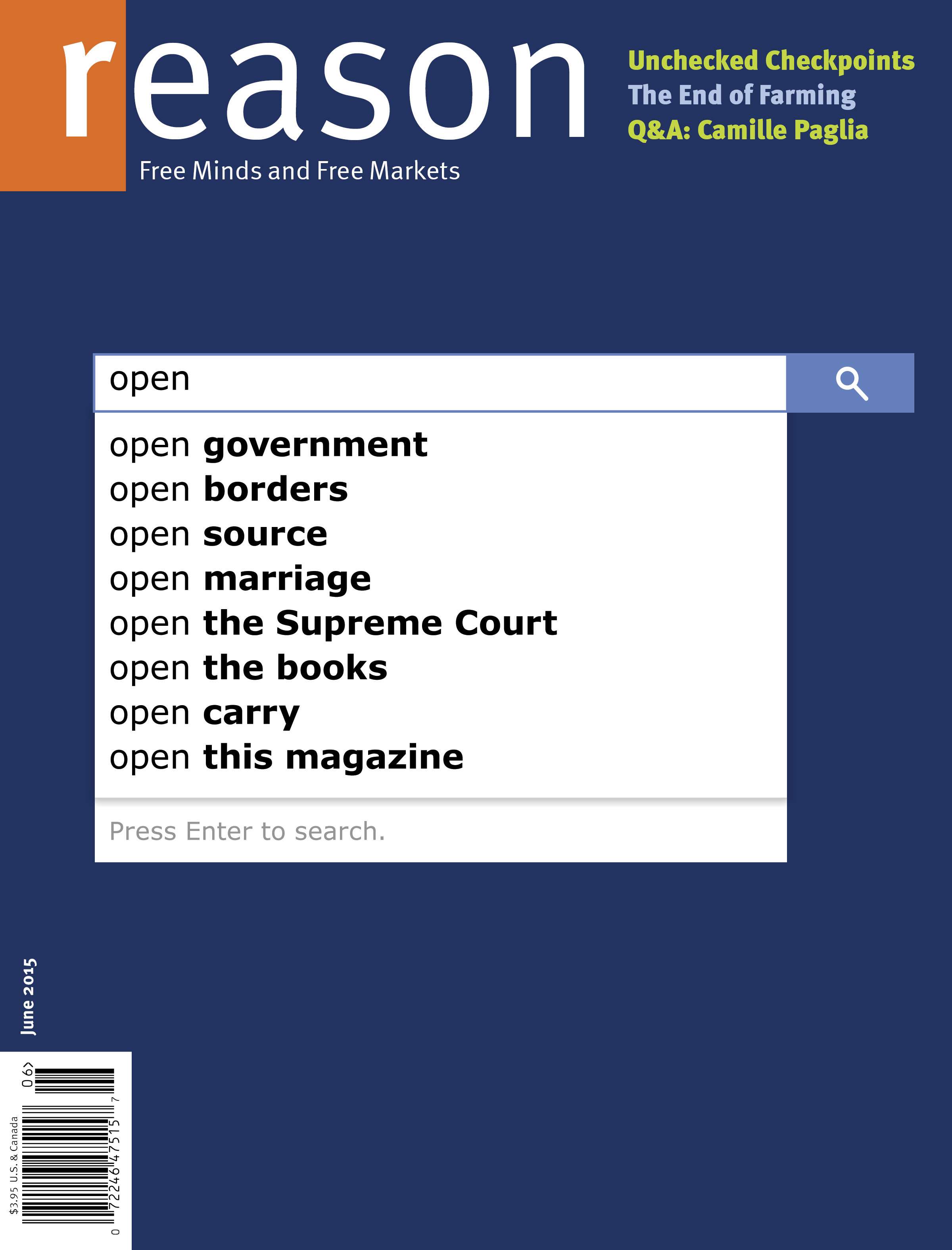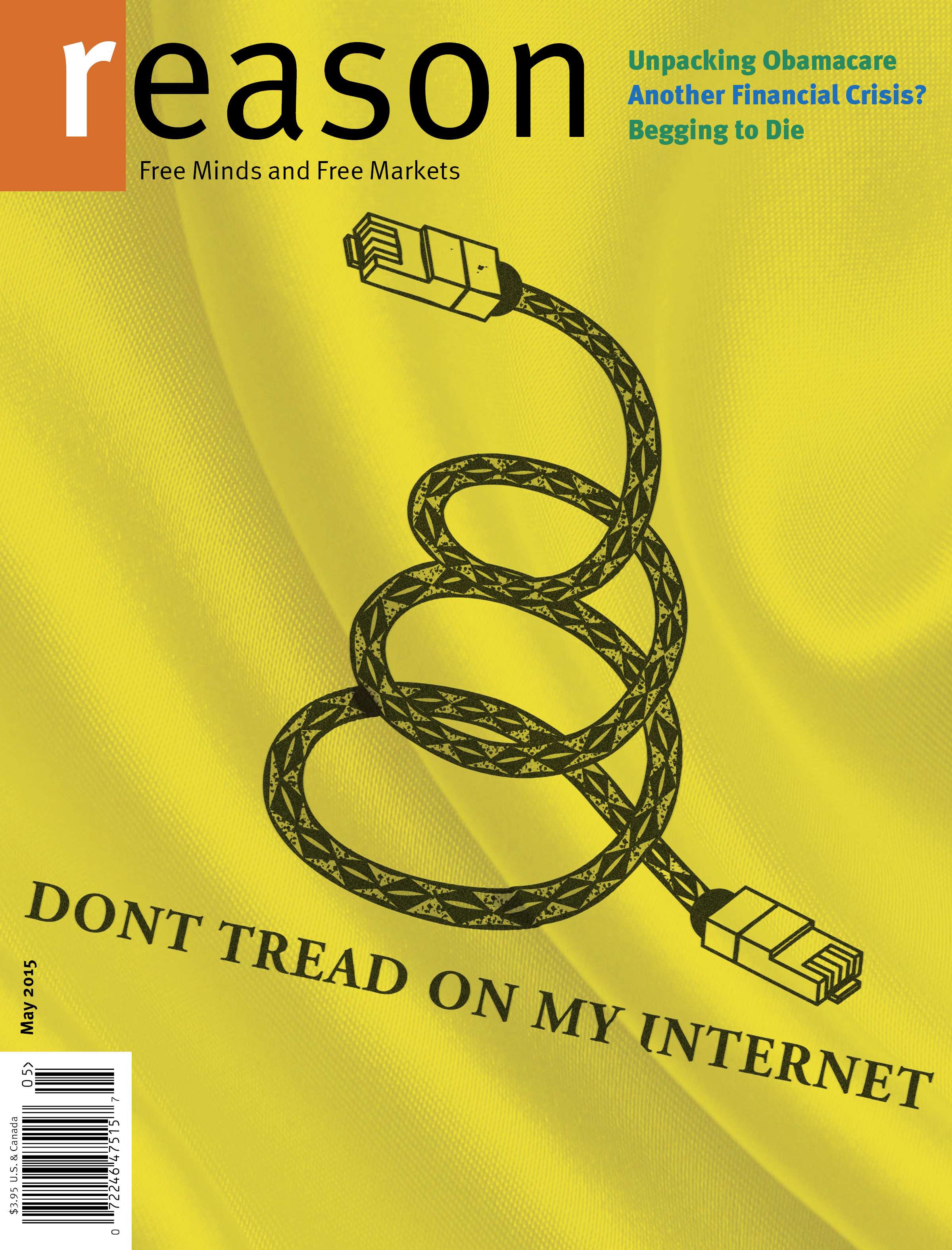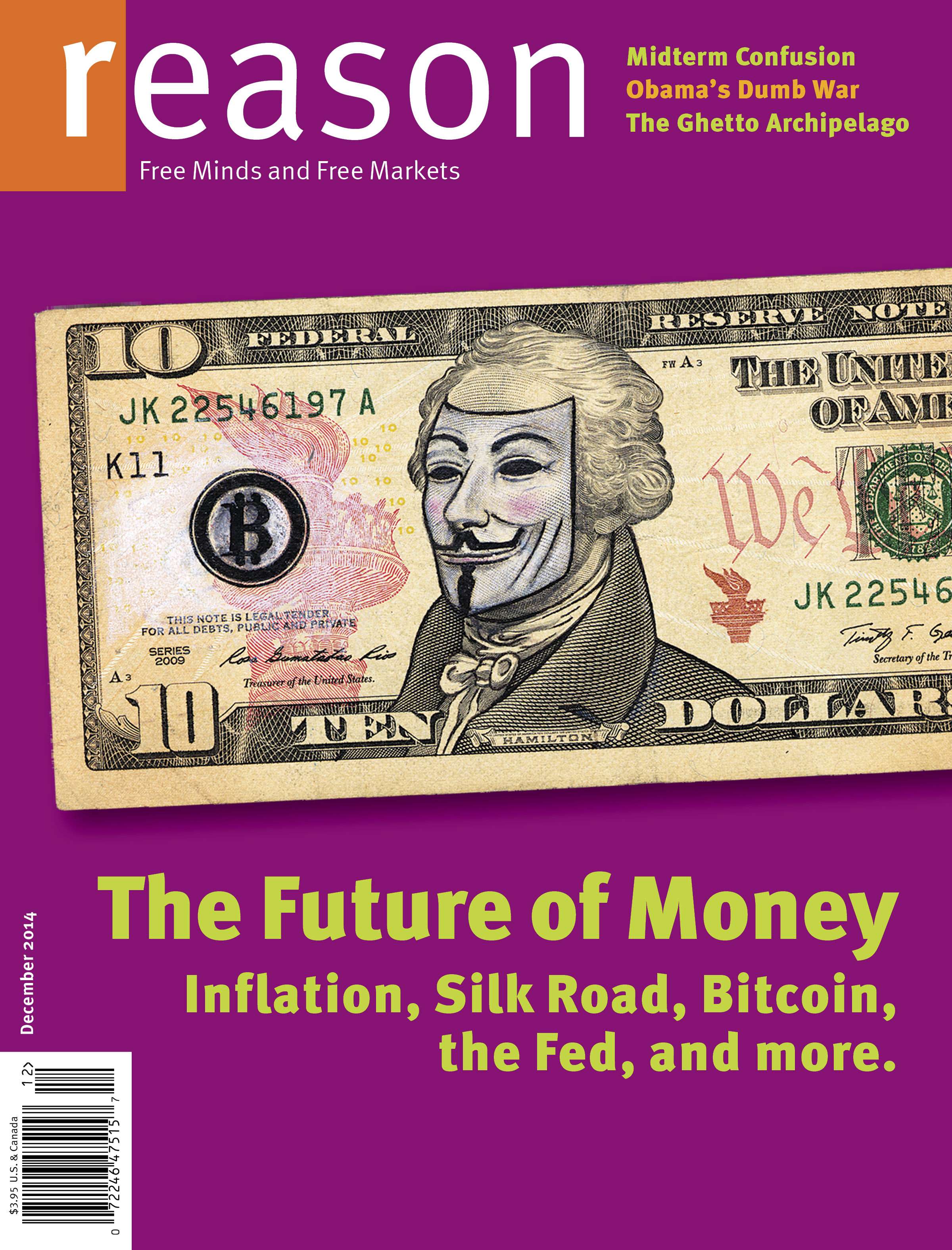Why Don't Women Like Rand Paul?
The New Republic thinks Paul's supporters are mostly male because libertarians are too fond of tricorn hats and robber barons.


Today at The New Republic, Jeet Heer asks why libertarians are mostly dudes, inspired by Sen. Rand Paul's polling gender gap, which shows the Kentucky Republitarian pulling 13 percent of the male primary vote and only 2 percent of females:
Why is Paul so unpopular among women? Setting aside what women think about Paul's personal qualities, which would require pure speculation, consider what sets him apart from all the other candidates vying for the GOP nomination: his highly distinct political philosophy. While not a doctrinaire libertarian, Paul is by far the most libertarian-leaning candidate in the race. And there's plenty of evidence that the libertarian worldview leaves most women cold, despite the fact that female intellectuals—Ayn Rand, most famously—have been pivotal in creating libertarianism.
First things first: Libertarians are indeed pretty darn male. Last I checked, about 9 out of 10 Reason magazine readers are men. Even after obligatory nods to grand-dames Rand, Rose Wilder Lane, Isabel Paterson (not to mention former Reason editors Virginia Postrel and Marty Zupan), and the growing number of young libertarian ladies, libertarianism is still an XY-dominated zone.
I'm profoundly grateful that Heer—who emailed (and quoted!) a bunch of Reasoners in his piece, including yours truly on the topic of long-tail sausage fests—didn't opt for the old saw that libertarianism is more rational and less emotional, which is why it doesn't appeal to those soft-hearted (soft-headed?) ladies.
(For a non-stupid take on that question, check out Mollie Hemingway's Federalist column on the Paul poll numbers. Hemingway quotes former Reasoner Lucy Steigerwald at length making the case that libertarianism has tons of emotional appeal, it's just that the relevant emotion for this particular lady is "outrage at the state's many crimes." I'd just add that perhaps the most stereotypically masculine thread of libertarianism—the "don't tread on me, liberty or death, pry my gun from my cold dead hands" line—is also rather emotional.)
Instead, Heer attributes libertarianism's (white) maleness to a weird historical nostalgia for "the rough-and-tumble capitalism of the nineteenth century, which they saw as being subverted by the progressive era and the New Deal….This type of yearning for the America of the Robber Barons has little to offer most women (who might not want to return to a world where they couldn't vote and had severely restricted social lives) or for that matter most non-whites (who might recall Jim Crow segregation)."
To a significant degree, libertarianism is a philosophy that exalts a world where white men enjoyed enormous freedom, but other groups were even more marginalized than they are now. How surprising is it, then, that politicians like Paul who voice libertarian ideas have a fan base that is overwhelming made up of white men?
Way back in 2010, there was actually was a big intra-libertarian debate about whether the 1880s were a Golden Age of liberty (see David Boaz, Jacob Hornberger, Megan McArdle, Bryan Caplan).
But no one in that debate said: "Gee, I wish we had more coverture and Jim Crow today." The exercise, instead, was an attempt to tote up the two columns in the ledger and see how they balanced. Many libertarians, myself included, saw the sum of slavery, state-enforced segregation, and female subjugation as too large to counterbalance low taxes, minimal regulation, and Constitutional literalism.
Here is Cato's Boaz:
Has there ever been a golden age of liberty? No, and there never will be. There will always be people who want to live their lives in peace, and there will always be people who want to exploit them or impose their own ideas on others. If we look at the long term—from a past that includes despotism, feudalism, absolutism, fascism, and communism—we're clearly better off. When we look at our own country's history—contrasting 2010 with 1776 or 1910 or 1950 or whatever—the story is less clear. We suffer under a lot of regulations and restrictions that our ancestors didn't face.
But in 1776 black Americans were held in chattel slavery, and married women had no legal existence except as agents of their husbands. In 1910 and even 1950, blacks still suffered under the legal bonds of Jim Crow—and we all faced confiscatory tax rates throughout the postwar period….
No doubt one of the reasons that libertarians haven't persuaded as many people as we'd like is that a lot of Americans don't think we're on the road to serfdom, don't feel that we've lost all our freedoms. And in particular, if we want to attract people who are not straight white men to the libertarian cause, we'd better stop talking as if we think the straight white male perspective is the only one that matters. For the past 70 years or so conservatives have opposed the demands for equal respect and equal rights by Jews, blacks, women, and gay people. Libertarians have not opposed those appeals for freedom, but too often we (or our forebears) paid too little attention to them. And one of the ways we do that is by saying "Americans used to be free, but now we're not"—which is a historical argument that doesn't ring true to an awful lot of Jewish, black, female, and gay Americans.
But it's not just a strategic mistake. It's a mistake. Whether we were more free at some point in the past than we are now is a complicated issue. I would tend to argue that we were not.
To the extent that modern libertarianism is entangled with modern conservatism—and boy howdy, is it entangled, especially when it comes to Rand Paul—the nostalgia is more traceable to the conservative half of the equation. Libertarians, by contrast, tend to be futurists and optimists—younger libertarians even more so. Want some evidence? How about six of the last 12 Reason covers:






Boaz (and Heer) are right: If women think of dudes in tricorn hats waving pocket Constitutions and longing for a past golden age when they think of libertarianism, then libertarians aren't doing a good job selling themselves. But bad marketing isn't the same thing as bad philosophy. In the mood for some cheerful, emotionally resonant, forward-looking libertarianism? Have I got a magazine for you!


Show Comments (424)